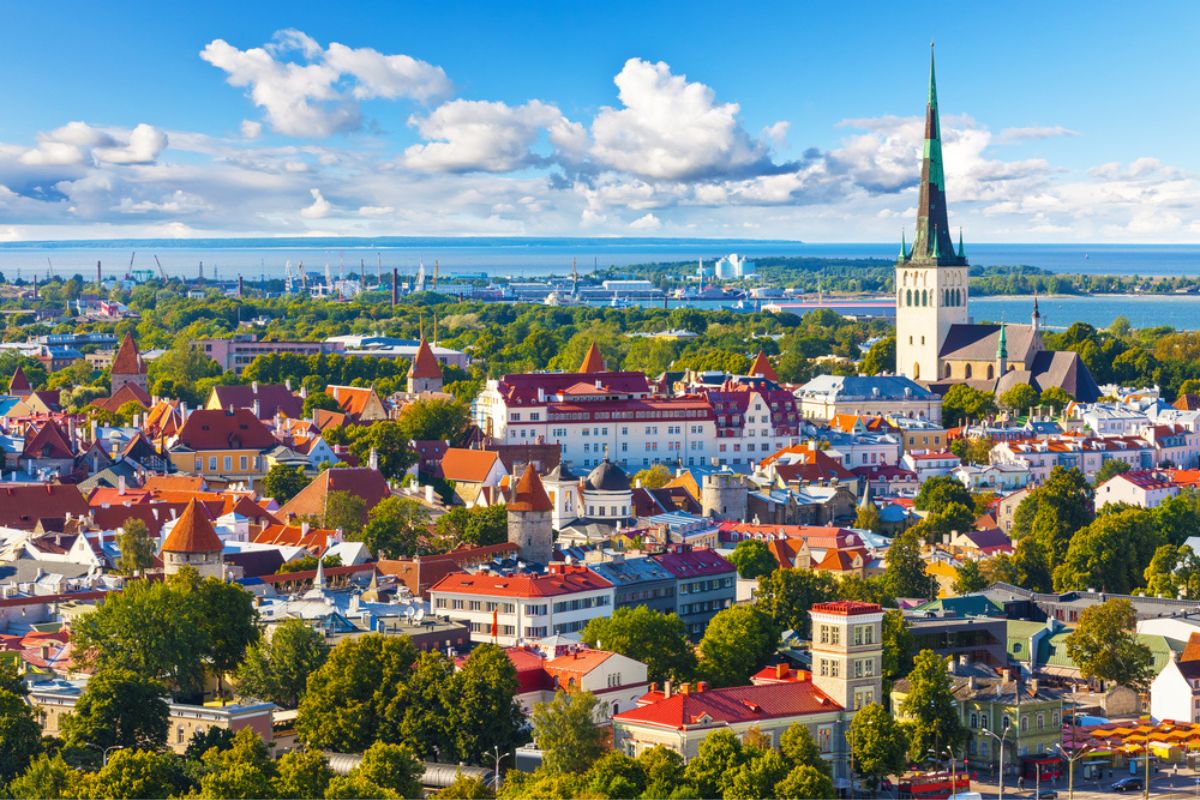Clean air is the invisible fuel that keeps us going. But a recent report by IQAir, a leading air quality monitor, paints a concerning picture: only a handful of countries are meeting the World Health Organization’s (WHO) air quality standards.
This is where the 2023 World Air Quality Report comes in, offering a comprehensive analysis of air quality across the globe. Here are some key takeaways for travelers:
A Breathtaking Challenge: Widespread Pollution
The report, based on data from over 30,000 monitoring stations, reveals a sobering reality. Just seven countries – Australia, Estonia, Finland, Grenada, Iceland, Mauritius, and New Zealand – managed to meet the WHO’s annual PM2.5 (particulate matter with a diameter of 2.5 micrometers or less) guideline, a key indicator of air pollution.
For travelers, this means researching air quality at your destination becomes crucial. Luckily, IQAir offers real-time air quality data for many cities worldwide. Consider packing a pollution mask for destinations with high PM2.5 levels, especially if you have respiratory issues.
Regional Roundup: Who Has the Cleanest and Most Polluted Air?
Oceania Takes the Crown: Breathe easy Down Under! Oceania, comprising Australia, New Zealand, and French Polynesia, boasts the cleanest air globally.
Asia Needs Action: Unfortunately, Asia paints a different picture. Home to 99 of the world’s 100 most polluted cities, with India leading the pack, air quality in this region poses a significant health risk. Travelers with respiratory conditions should be especially cautious.
Europe Shows Improvement: Europe offers some positive news. Air quality has improved in most European countries, with Bosnia and Herzegovina still being the most polluted.

Americas – A Mixed Bag: North America, the most monitored region, saw Canada surpass the U.S. in terms of pollution due to wildfires. The U.S. also saw a slight increase. The good news? Columbus, Ohio, once the most polluted major U.S. city, has been dethroned by Las Vegas, Nevada, now boasting the cleanest air.
Africa Needs More Data: While Africa has a rapidly growing urban population, data scarcity remains a major challenge. Only about two-thirds of African countries have sufficient data to be included in the report. This lack of data hinders effective pollution control measures.
Beyond the Report: What Can Travelers Do?
Traveling responsibly includes being mindful of your environmental impact. Here’s how you can contribute to cleaner air:
- Opt for public transport or walking/cycling whenever possible to reduce your carbon footprint.
- Choose eco-friendly accommodation that prioritizes sustainability practices.
- Be mindful of wildfires and adjust your travel plans if necessary.
- Support organizations working towards cleaner air initiatives.
By making informed choices and advocating for clean air, we can all breathe a little easier, wherever we travel.

